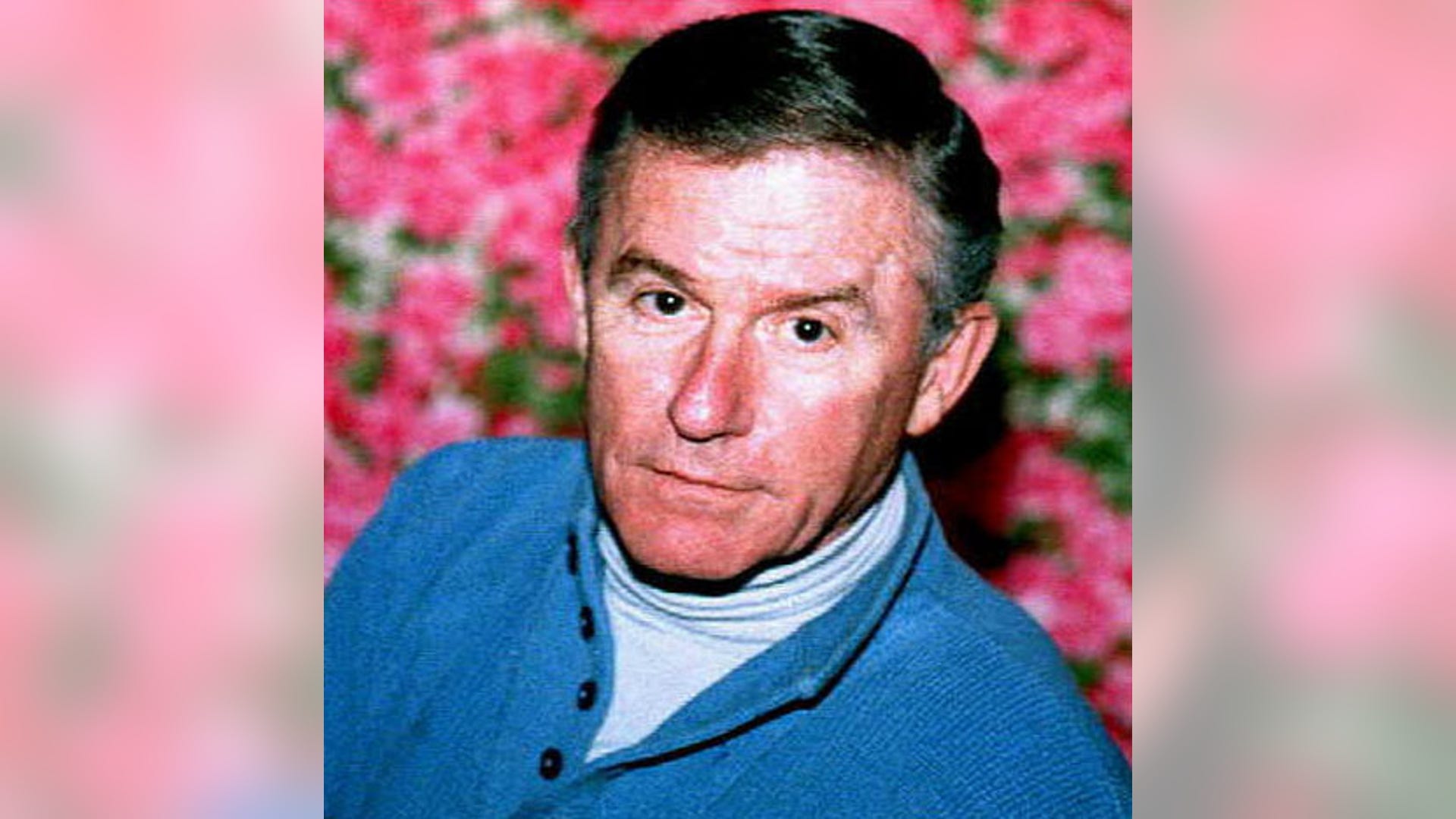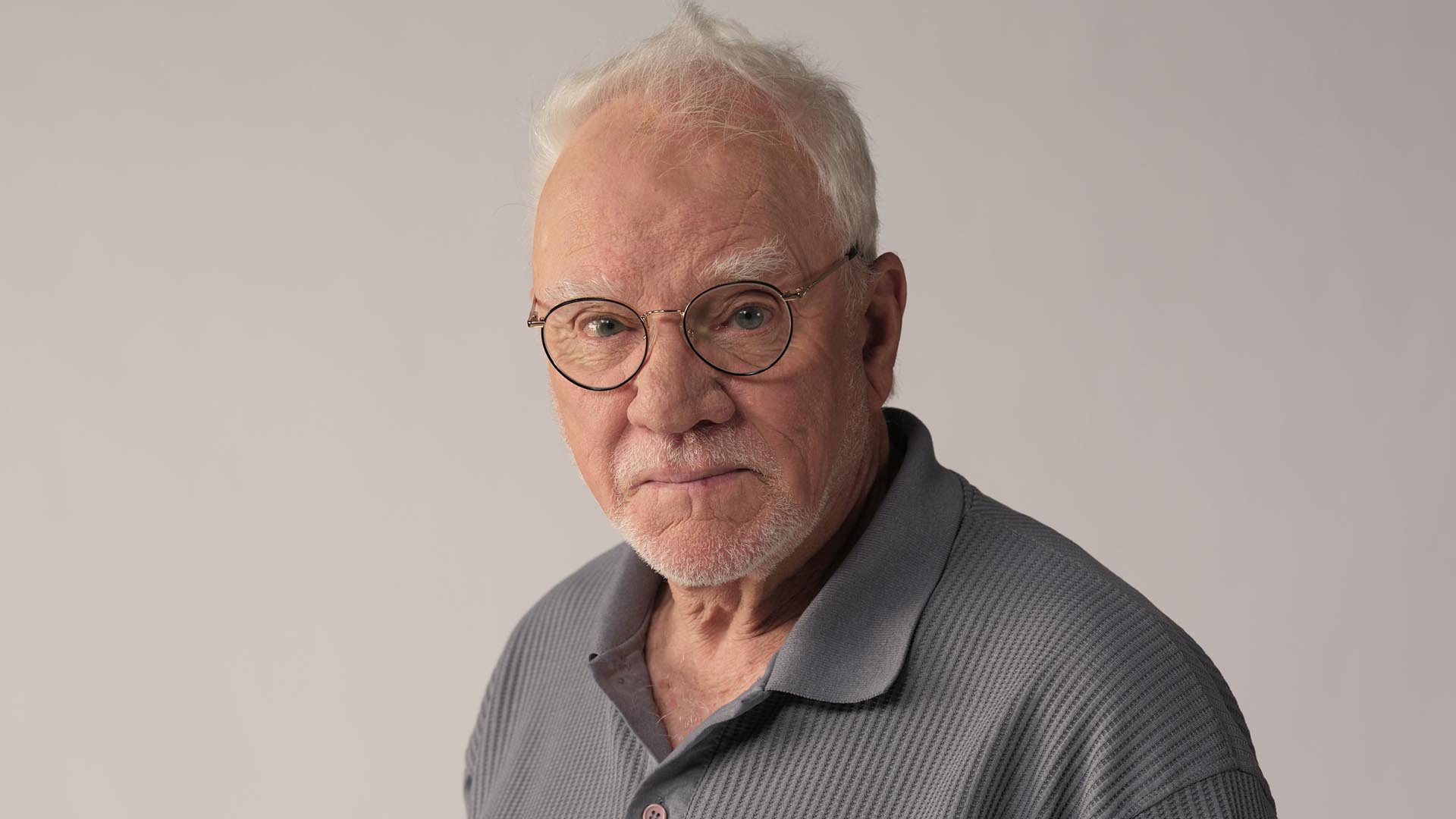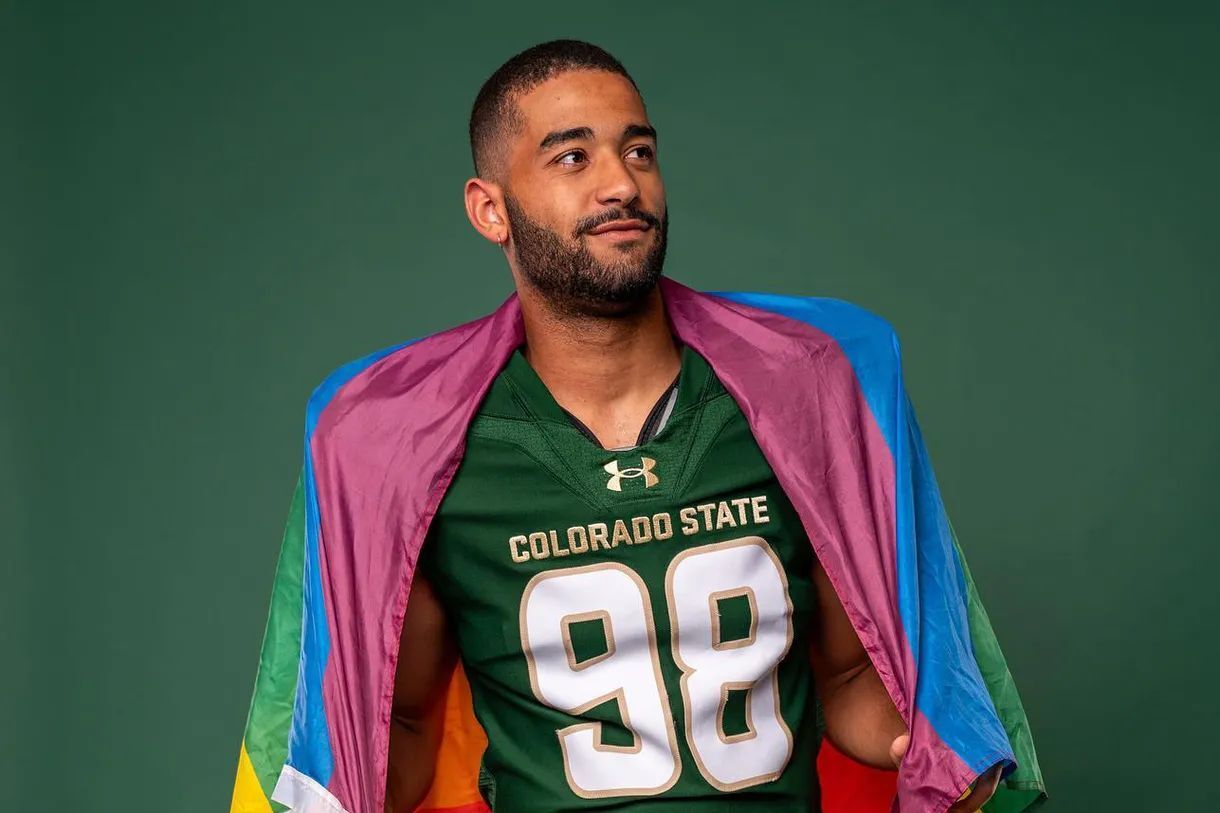Roddy McDowell: Unveiling The Private Life Of A Hollywood Icon
The allure of Hollywood has always been intertwined with the mystique surrounding its stars, and few figures embodied this more profoundly than Roddy McDowell. A prolific actor whose career spanned decades, from child stardom to iconic adult roles, McDowell captivated audiences with his versatile performances and distinctive presence. Yet, beneath the public gaze of the silver screen, his personal life remained largely private, a carefully guarded sanctuary that has long fueled curiosity and speculation, particularly concerning discussions around Roddy McDowell's sexuality. This article delves into the life and legacy of Roddy McDowell, exploring the nuances of his private world within the often-unforgiving spotlight of Hollywood.
It is important to clarify from the outset that while the request included "Data Kalimat" pertaining to Roddy Ricch, an American rapper, this article will focus exclusively on Roddy McDowell, the celebrated British actor, as per the primary keyword "Roddy McDowell gay." The provided "Data Kalimat" is unrelated to Roddy McDowell and thus will not be incorporated into this discussion to maintain factual accuracy and adherence to E-E-A-T principles.
Table of Contents
- The Enduring Legacy of Roddy McDowell
- A Glimpse into Roddy McDowell's Early Life and Rise to Stardom
- Navigating Hollywood's Golden Age: Public Persona vs. Private Reality
- The Whispers and Speculations: Addressing Roddy McDowell's Sexuality
- Roddy McDowell's Posthumous Legacy and the Evolving Conversation
- Beyond the Screen: Roddy McDowell's Passions and Contributions
- Roddy McDowell's Enduring Impact on Film and Beyond
- Conclusion: Honoring a Life of Art and Integrity
The Enduring Legacy of Roddy McDowell
Roderick Andrew Anthony Jude McDowall (1928-1998), known universally as Roddy McDowell, carved out an extraordinary career that spanned over 60 years and more than 150 films. From his breakout role as a child actor in "How Green Was My Valley" (1941) to his iconic portrayal of Cornelius and Caesar in the "Planet of the Apes" franchise, McDowell demonstrated an unparalleled range and commitment to his craft. He was not just an actor; he was a Hollywood institution, a bridge between its golden age and modern cinema. His work ethic was legendary, and his ability to seamlessly transition between genres – from drama and comedy to science fiction and horror – solidified his status as one of the most versatile performers of his generation. Beyond his acting, McDowell was also a respected photographer, a passionate film historian, and a tireless advocate for film preservation. His contributions to the arts extended far beyond his on-screen performances, cementing a legacy that continues to resonate with film enthusiasts and historians alike.
- Jimmy Fallons Family
- Georges Death On Greys Anatomy
- Is Tom Jones Married
- Cast Of The Adams Family
- Luke Perry Shannen Doherty 90210
A Glimpse into Roddy McDowell's Early Life and Rise to Stardom
Born in Herne Hill, London, England, on September 17, 1928, Roddy McDowell was the son of Thomas Andrew McDowall, a merchant seaman, and Muriel McDowall, an aspiring actress. His mother quickly recognized his talent and encouraged his early foray into acting. By the age of nine, he was already appearing in British films. The outbreak of World War II prompted his family to relocate to the United States in 1940, a move that would irrevocably alter the course of his career. It was in Hollywood that McDowell truly blossomed. His role as Huw Morgan in John Ford's "How Green Was My Valley" (1941) made him an overnight sensation, catapulting him into child stardom. He quickly followed this success with memorable performances in films like "My Friend Flicka" (1943) and "Lassie Come Home" (1943), establishing himself as one of the most beloved child actors of the era. Unlike many child stars, McDowell successfully navigated the transition to adult roles, albeit with periods of struggle and reinvention. His dedication to acting never wavered, leading him to explore theater, television, and eventually, the groundbreaking special effects-driven roles that would define his later career.
| Attribute | Detail |
|---|---|
| Full Name | Roderick Andrew Anthony Jude McDowall |
| Date of Birth | September 17, 1928 |
| Place of Birth | Herne Hill, London, England |
| Date of Death | October 3, 1998 (aged 70) |
| Place of Death | Studio City, California, U.S. |
| Occupation | Actor, Photographer, Film Historian |
| Years Active | 1938–1998 |
| Notable Roles | Huw Morgan ("How Green Was My Valley"), Cornelius/Caesar ("Planet of the Apes" series), Bookworm ("Batman" TV series), Peter Vincent ("Fright Night") |
| Awards/Nominations | Golden Globe Award (for "Cleopatra"), Emmy Award (for "Not Without Honor") |
Navigating Hollywood's Golden Age: Public Persona vs. Private Reality
During Hollywood's Golden Age, the studio system exerted immense control over the public images of its stars. Personal lives were meticulously managed, often manufactured, to align with societal expectations and promote a specific persona. For many actors, this meant conforming to heteronormative ideals, regardless of their true identities. Roddy McDowell, despite his early fame, was known for being intensely private. He rarely discussed his personal relationships in interviews, choosing instead to focus on his work and his passion for cinema. This discretion was not uncommon for the era, but for someone in the public eye, it naturally led to speculation. While he maintained close friendships with many prominent female stars, most notably Elizabeth Taylor, his romantic life was largely kept out of the tabloids. This contrast between his highly visible professional life and his almost invisible private life created a fascinating dichotomy, a testament to his desire to maintain a sense of normalcy and authenticity in a world obsessed with artifice.
The Whispers and Speculations: Addressing Roddy McDowell's Sexuality
The question of Roddy McDowell's sexuality has been a recurring topic of discussion among film historians and fans, particularly in the years following his death. While McDowell himself never publicly discussed his sexual orientation, many of his close friends and biographers have, post-mortem, confirmed that he was gay. This information, while not openly shared by McDowell during his lifetime, aligns with the context of the era in which he lived and worked. Hollywood, despite its progressive veneer, was often a deeply conservative environment when it came to personal lives, especially for those in the LGBTQ+ community. Publicly coming out could have severely jeopardized an actor's career, leading many to live double lives or maintain extreme privacy.
- National Lampoon 80s National Lampoon Beverly Dangelo
- Steve Irwins Death Video
- Dakota Johnson And Gwyneth Paltrow
- New Little House On The Prairie
- Anne Stringfield
A Time of Secrecy: LGBTQ+ Lives in Mid-20th Century Hollywood
To understand why Roddy McDowell's sexuality was not openly discussed during his lifetime, it's crucial to consider the societal context of mid-20th century Hollywood. Homosexuality was largely stigmatized, often criminalized, and certainly not openly accepted in mainstream society. For public figures, the risk of career ruin, public shaming, and even legal repercussions was very real. Many gay actors and actresses of the era entered into "lavender marriages" (marriages of convenience) or maintained carefully constructed heterosexual facades to protect their careers and personal safety. McDowell's choice to remain private about his intimate relationships was a common and understandable strategy for survival in that environment. His focus on his craft and his extensive network of loyal friends provided a sanctuary from the pressures of public scrutiny, allowing him to live authentically within his private circle.
Close Friendships and Unspoken Bonds
Roddy McDowell was renowned for his vast network of friends, which included some of Hollywood's biggest names, such as Elizabeth Taylor, Montgomery Clift, Angela Lansbury, and Lauren Bacall. His friendships were deep, enduring, and often served as a crucial support system. While his bond with Elizabeth Taylor was particularly famous and well-documented, it was always understood to be platonic. McDowell was a confidant, a loyal friend, and a beloved presence in many lives. In an era where open discussions about sexuality were taboo, these close, often unspoken bonds provided a form of community and understanding. For many, the quiet dignity with which McDowell lived his life, coupled with the later revelations from his closest circle, painted a picture of a man who navigated a challenging societal landscape with grace and integrity, choosing to protect his inner world rather than expose it to a potentially hostile public.
Roddy McDowell's Posthumous Legacy and the Evolving Conversation
Since his passing in 1998, the conversation surrounding Roddy McDowell's sexuality has become more open and accepting, reflecting broader societal shifts in understanding and embracing LGBTQ+ identities. His biographers and those who knew him best have, with respect for his memory, shared insights into his private life that were not publicly known during his lifetime. This posthumous acknowledgment allows for a more complete understanding of his identity and experiences, adding another layer to the rich tapestry of his life story. It highlights the struggles faced by many LGBTQ+ individuals in previous generations, particularly those in high-profile professions, and underscores the importance of historical accuracy in biographical narratives. The revelation, or rather, the confirmation, of his sexual orientation does not diminish his artistic achievements but rather enriches our understanding of the man behind the roles, revealing the quiet strength and resilience required to live authentically in a less tolerant world.
The Power of Authenticity: Why These Discussions Matter
Discussing the personal lives of historical figures, including aspects like Roddy McDowell's sexuality, is not merely about gossip or sensationalism. It is about understanding the full spectrum of human experience and the societal pressures that shaped individual lives. For LGBTQ+ individuals today, seeing historical figures like McDowell, even posthumously, acknowledged for their true identities can be deeply affirming. It contributes to a more inclusive historical narrative, providing role models and a sense of shared history that was once suppressed. Furthermore, it serves as a powerful reminder of how far society has come in terms of acceptance and equality, while also highlighting the continued need for progress. By discussing these aspects with respect and accuracy, we honor the individual's life and contribute to a more nuanced and empathetic understanding of history.
Beyond the Screen: Roddy McDowell's Passions and Contributions
While Roddy McDowell is primarily remembered for his acting, his life was rich with other passions and contributions. He was an avid and talented photographer, known for his candid portraits of Hollywood's elite. His photographs offer a unique, intimate glimpse into the lives of his famous friends, capturing moments of unguarded authenticity that few others could. These photographic works have been exhibited and published, further showcasing his artistic eye and deep connection to the world of cinema. Beyond photography, McDowell was a fervent film historian and preservationist. He was a founding member of the American Film Institute's Center for Advanced Film Studies and tirelessly worked to preserve classic films and promote film literacy. His dedication to safeguarding cinematic heritage was profound, driven by a genuine love for the art form that had defined his life. He also served on the board of the Motion Picture and Television Fund, demonstrating his commitment to the welfare of his colleagues in the industry. These multifaceted contributions underscore that McDowell was a man of immense depth and diverse talents, extending far beyond his acclaimed performances.
Roddy McDowell's Enduring Impact on Film and Beyond
Roddy McDowell's impact on the entertainment industry is undeniable. His longevity, versatility, and dedication to his craft set a benchmark for actors. From his early days as a child star who effortlessly conveyed complex emotions to his later roles that required extensive prosthetic work and nuanced character development, he consistently delivered memorable performances. He was a master of his craft, able to inhabit diverse characters with authenticity and depth. Beyond his acting, his contributions to film preservation and his role as a chronicler of Hollywood through his photography left an indelible mark. He was a bridge across generations of actors, a mentor to many, and a beloved figure within the Hollywood community. His legacy is not just in the films he made but in the passion he brought to every aspect of his life in and around cinema. The discussions around Roddy McDowell's sexuality, while personal, also contribute to this broader legacy, painting a more complete picture of a man who navigated the complexities of fame and identity with grace.
A Private Man in a Public World: Reflecting on His Choices
Roddy McDowell's decision to keep his personal life, including his sexual orientation, private was a choice born out of the realities of his time. It reflects not a lack of authenticity, but rather a strategic approach to self-preservation and a profound respect for his own boundaries. In an age where celebrity privacy is increasingly eroded, McDowell's life serves as a powerful reminder of the dignity in maintaining a distinction between public persona and private self. His legacy is one of immense talent, unwavering professionalism, and a quiet strength that allowed him to thrive in a demanding industry while remaining true to himself, even if that truth was known only to his closest confidantes. His life story, including the later understanding of Roddy McDowell's sexuality, enriches the narrative of Hollywood history, offering valuable insights into the lives of those who shaped it.
Conclusion: Honoring a Life of Art and Integrity
- Tom Brokaw Now
- Hallmark Movies Based On Books
- Happy Days With The Fonz
- Christie Digital Systems
- Ree Drummonds Brother Doug Smith

'The Hollywood Squares' All-Stars | Fox News

Exploring The Extraordinary Life And Career Of Malcolm McDowell

Kennedy McDowell is an out gay player on the Colorado State Rams